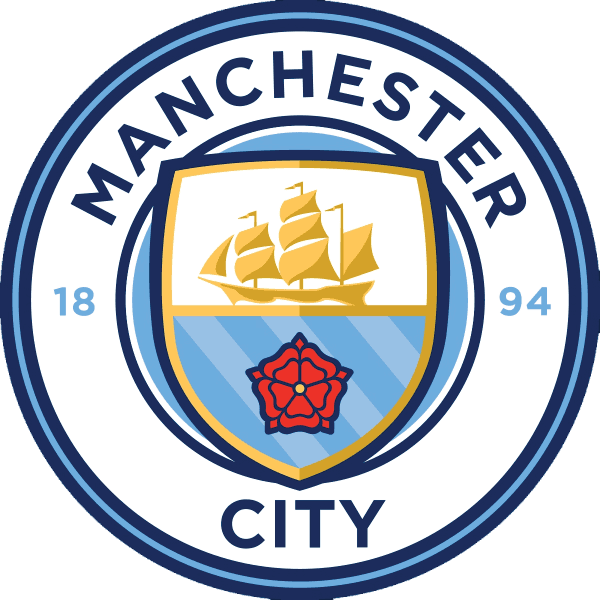


The Etihad Stadium, with its distinctive blue and white color scheme, is a sight to behold. Boasting a capacity of 55,097, this world-class venue offers an unparalleled matchday experience for spectators. The stadium's design, a masterpiece of modern architecture, seamlessly blends functionality with aesthetics, creating an atmosphere that is both electrifying and welcoming.
From the moment you approach the Etihad Stadium, you are greeted by an aura of excitement and anticipation. The exterior, adorned with the iconic Manchester City crest, sets the tone for the grandeur that awaits within. As you step through the gates, the immaculate pitch unfolds before your eyes, surrounded by towering stands that seem to reach for the Manchester skyline.

The Etihad Stadium's history is deeply intertwined with the rise of Manchester City as a footballing powerhouse. The story began in 2003 when the club's ambitions outgrew their former home, Maine Road. With a vision to establish a world-class facility, the decision was made to construct a new stadium that would propel the team into a new era of success.
After a massive redevelopment project costing an estimated £150 million, the Etihad Stadium officially opened its doors in 2003, originally named the City of Manchester Stadium. The inaugural match, a friendly against Barcelona, marked the beginning of a new chapter in Manchester City's history, one that would see the club soar to unprecedented heights.
Over the years, the Etihad Stadium has witnessed countless memorable moments, from Premier League triumphs to thrilling cup runs. It has been the stage for some of the most iconic games in the club's history, including the unforgettable 6-1 victory over Manchester United in the 2011/12 season, a result that will forever be etched in the annals of Manchester City folklore.

Today, the Etihad Stadium stands as a symbol of Manchester City's global reach and ambition. Under the ownership of the Abu Dhabi United Group, the club has undergone a remarkable transformation, attracting some of the world's finest players and mana
The stadium itself has undergone several upgrades and renovations to ensure it remains at the cutting edge of modern footballing facilities. From the installation of state-of-the-art LED lighting to the addition of new hospitality suites, no expense has been spared in maintaining the Etihad Stadium's status as one of the finest venues in the Premier League.
Beyond its primary function as a football stadium, the Etihad has also become a hub for a variety of cultural and entertainment events. From hosting major music concerts to serving as a venue for high-profile boxing matches, the stadium's versatility has solidified its position as a true multi-purpose arena.
As Manchester City continues to pursue domestic and European glory, the Etihad Stadium remains the heartbeat of the club's ambitions. With each passing season, the atmospheric roar of the crowd echoes through the stands, serving as a reminder of the unwavering support and passion that fuel the team's pursuit of greatness.
In conclusion, the Etihad Stadium is more than just a venue for football; it is a living, breathing embodiment of Manchester City's rich history and unwavering spirit. From its humble beginnings to its current status as a world-class facility, this modern-day cathedral has become an integral part of the city's fabric, a source of pride for fans and a beacon of excellence in the world of football.
Etihad Stadium, Etihad Campus, Ashton New Rd, Manchester, M11 3FF